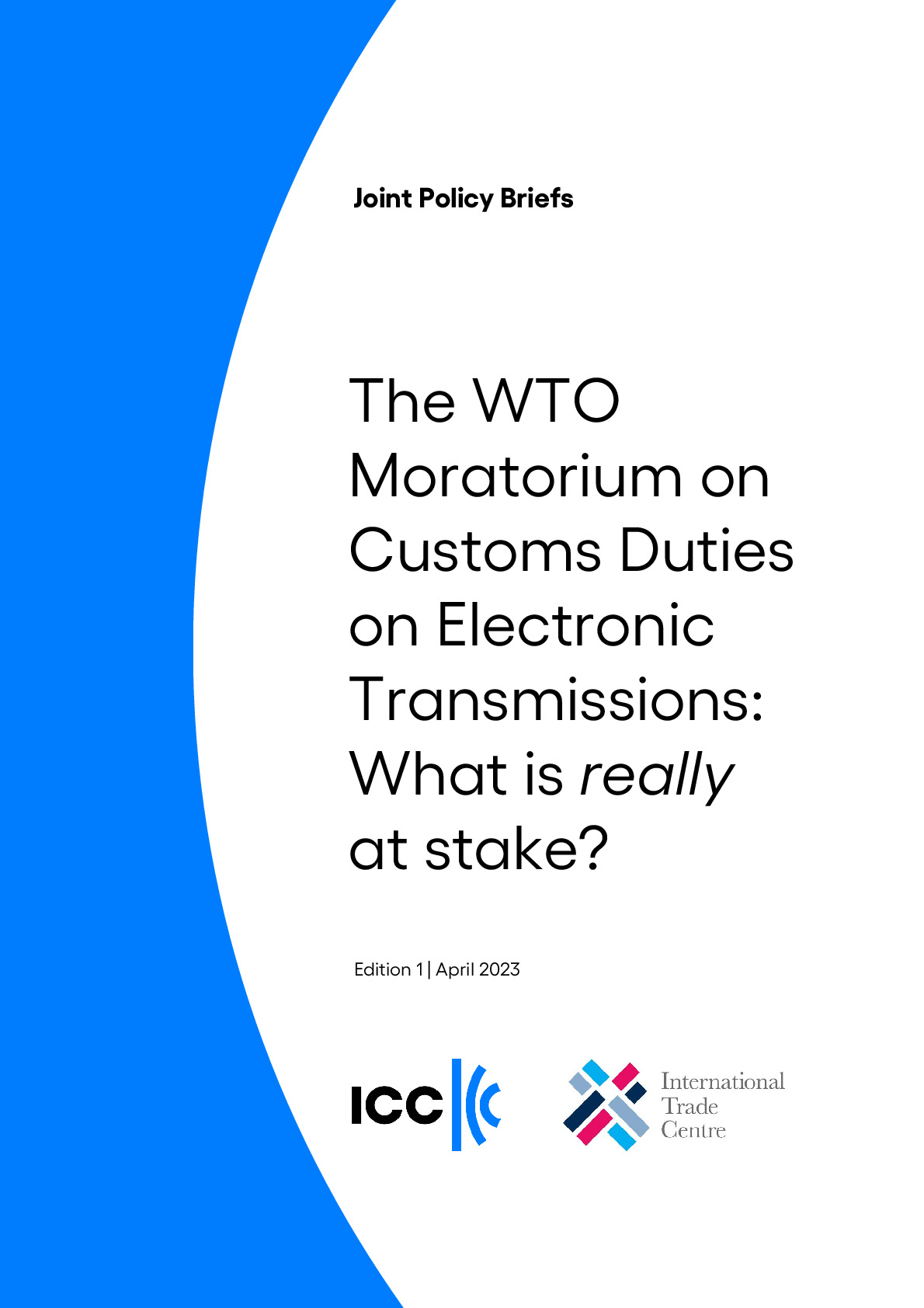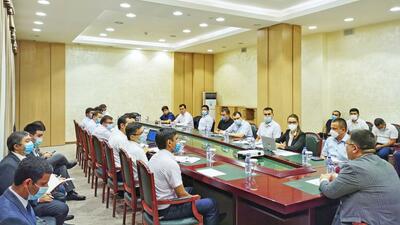

E-commerce policy
E-commerce, including digital trade, presents developing and least developed countries with a significant opportunity to upgrade their economies and improve access to international markets. ITC is working on solutions to the challenges faced by micro, small and medium-sized enterprises (MSMEs) in developing and least developed countries to participate in, and benefit from, e-commerce and digital trade.
ITC provides integrated services across policy, business ecosystems and enterprise levels to strengthen MSME competitiveness in e-commerce. ITC works with the governments to build conducive domestic and international policy environments; supports the growth of supportive business ecosystems and strengthens the capacity of the Business Support Organizations (BSOs).
Through its field projects, ITC also works directly with MSMEs to help them participate in e-commerce by addressing their challenges, strengthening their knowledge and skills, fostering digital entrepreneurship and connecting them to international markets.
Supporting participation in
e-commerce negotiations
E-commerce is becoming central to multilateral and regional trade negotiations. To strengthen the capacities of policymakers in developing countries to effectively engage in e-commerce negotiations, ITC provides:
-
Capacity building to address knowledge gaps on technical issues.
-
Advisory services to help the negotiation processes at the regional level, such as in the context of the African Continental Free Trade Area (AfCFTA), Asia-Pacific Economic Cooperation (APEC) and Caribbean Community (CARICOM).
-
Support to countries to link domestic e-commerce reforms and development priorities to trade negotiations.
-
Toolkits and guides on international practices and standards on data protection and privacy, cybersecurity, e-payments, online consumer protection, intellectual property rights, e-commerce and customs and logistics, platform economy, and innovative digital financial solutions.
For more information, please visit Regional Trade Integration
Domestic reform to support e-commerce
Conducive policies help e-commerce development. Countries often need to develop regulations on e-authentications, e-signatures and e-contracts, data protection and privacy, cybersecurity, e-payments, among others. They also may need to review and update existing laws and regulations to adapt to e-commerce, including taxation, competition policies, consumer protection, intellectual property rights, customs procedures, financial services, and professional services.
ITC can help by:
-
Diagnosing policy bottlenecks and undertaking regulatory assessments against international standards and best practices to develop roadmaps for policy and legislative reforms or national e-commerce development strategies.
-
Facilitating policy development and legislative processes by providing advisory services, drawing on international best practices and lessons learned in other countries.
-
Strengthening capacity for enforcement of e-commerce regulations by building up the capacity of regulators in various e-commerce related agencies and facilitating inter-agency coordination.
-
Increasing inclusiveness of policymaking through public-private dialogues to increase participation of private sector and micro, small and medium sized enterprises (MSMEs) in policymaking.




















